Our Departments

GENERAL MEDICINE
General medicine, led by internists, offers comprehensive and patient-centered care for adults, covering routine health concerns and complex medical conditions. These professionals play a vital role in the healthcare system, ensuring adults receive appropriate medical attention, guidance, and support to maintain and improve their health.

INTENSIVE CARE UNIT
The Intensive Care Unit (ICU), also known as a Critical Care Unit, is a specialized facility that provides round-the-clock care to patients with life-threatening conditions. It is staffed by a highly trained team of healthcare professionals, including critical care physicians, nurses, and respiratory therapists, who collaborate to monitor and treat patients with severe medical issues. ICUs are equipped with advanced medical technology, including ventilators, cardiac monitors, and life support machines, to aid patients with compromised organ function or traumatic injuries. Admission to the ICU is determined by the medical team based on the patient's clinical condition and the level of care needed.

CARDIOLOGY
Cardiology is a highly specialized medical field dedicated to the diagnosis, treatment, and prevention of heart and vascular diseases. Cardiologists employ a diverse range of diagnostic tools to assess and identify cardiovascular conditions. These include electrocardiograms (ECGs) to monitor the heart's electrical activity, echocardiograms, stress tests to evaluate heart performance during physical exertion, cardiac catheterization for detailed vessel examination, and advanced cardiac imaging technologies.

PULMONOLOGY
Pulmonology is a field of medicine dedicated to the prevention, detection, and management of illnesses and abnormalities associated with the respiratory system. Pulmonologists employ a range of diagnostic methods, including pulmonary function assessments, radiological examinations (such as X-rays and CT scans), bronchoscopy, and other specialized procedures, to assess and diagnose respiratory disorders.

PAEDIATRICS
Pediatrics is a branch of medicine focused on the well-being of infants, children, and adolescents. Pediatricians offer a comprehensive array of healthcare services, encompassing preventive care, disease diagnosis and treatment, developmental evaluations, and holistic support for the health and growth of children throughout their various stages of development.

OBSTETRICS AND GYNECOLOGY
Obstetrics and gynecology is a medical field dedicated to the well-being of women, with a specific emphasis on pregnancy, childbirth, and the postpartum phase, in addition to the diagnosis and management of issues related to the female reproductive system. This specialty encompasses a wide range of services, such as prenatal care, childbirth, postpartum support, reproductive health, family planning, menopause management, and gynecological surgery, which often involves minimally invasive laparoscopic procedures.
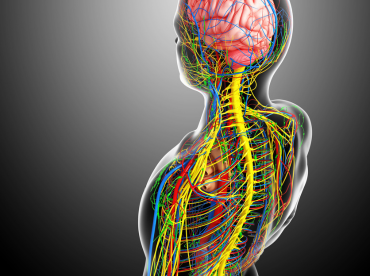
NEUROLOGY
Neurology is a branch of medicine that focuses on identifying and treating disorders and illnesses affecting the nervous system, encompassing the brain, spinal cord, peripheral nerves, and muscles. Neurologists employ a variety of diagnostic methods and technologies, including neurological assessments, imaging modalities like MRI or CT scans, electroencephalography (EEG), and lumbar punctures (spinal taps), to assess and diagnose neurological conditions.

NEURO SURGERY
Neurosurgeons are highly trained medical experts with expertise to perform surgical procedures involving the brain, spinal cord, and peripheral nerves. Neurosurgeons collaborate closely with other specialists, including neurologists, radiologists, and oncologists, to assess and formulate the most suitable treatment strategy for each patient. Depending on the particular condition, non-surgical approaches like medication, radiation therapy, or physical therapy may be suggested.

MEDICAL GASTROENTROLOGY
Gastroenterology is a medical field that focuses on diagnosing and treating disorders and ailments of the digestive system, which include the esophagus, stomach, small intestine, large intestine (colon), liver, gallbladder, and pancreas. Gastroenterologists employ a range of diagnostic methods and techniques, including endoscopy, imaging investigations (such as CT scans and MRIs), and laboratory tests, to assess and diagnose gastrointestinal conditions.

SURGICAL GASTROENTROLOGY
Gastrointestinal surgery is dedicated to the surgical management of diseases and conditions that impact the gastrointestinal (GI) tract. Gastrointestinal surgeons are highly trained specialists who conduct surgical procedures on organs like the esophagus, stomach, small intestine, colon, rectum, liver, pancreas, and gallbladder.

MEDICAL ONCOLOGY
Oncology is a medical specialty that focuses on the prevention, diagnosis, and treatment of cancer.
care requires a personalized approach, and the treatment plan for each patient is tailored based on the type of cancer, stage, individual health factors, and patient preferences. The goal of oncology is to achieve the best possible outcomes for cancer patients, including remission, prolonged survival, and improved quality of life.
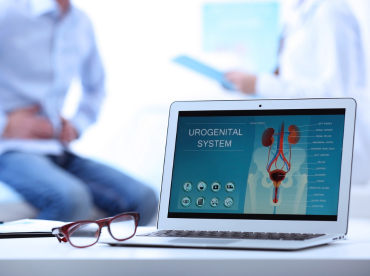
UROLOGY
Urology is a medical specialty that centers on the identification and management of ailments and issues connected to the urinary tract system. This intricate system includes the kidneys, ureters, bladder, and urethra, which play a pivotal role in the generation, containment, and excretion of urine. Urologists play a crucial role in diagnosing and treating various conditions, including urinary tract infections (UTIs), bladder cancer, bladder stones, as well as prostate cancer and prostatitis.
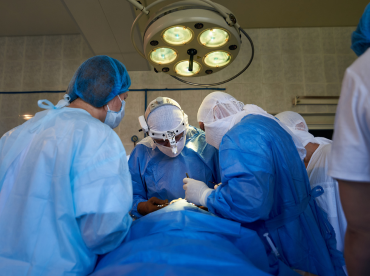
GENERAL SURGERY
General surgery is a medical specialty that focuses on the surgical treatment of a wide range of diseases, injuries, and conditions. General surgeons are trained to perform surgical procedures on various parts of the body, including the abdomen, gastrointestinal tract, endocrine system, breast, skin, and soft tissues.

PLASTIC SURGERY
Plastic surgery encompasses surgical interventions intended to modify or improve an individual's appearance, encompassing the reconstruction or restructuring of different body parts using surgical methods. Plastic surgeons commonly engage in a spectrum of procedures, including both cosmetic enhancements and reconstructive surgeries.
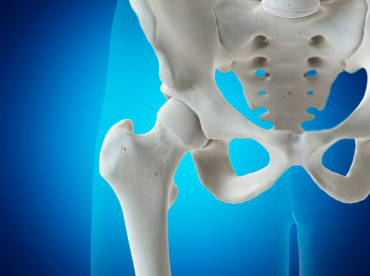
ORTHOPAEDICS
Orthopedics is a specialized field of medicine that concentrates on diagnosing, treating, and preventing conditions and injuries related to the musculoskeletal system. Scope of services includes managing fractures, trauma, joint replacements, sports-related injuries, and spinal disorders. Orthopedic surgeons employ a variety of both non-surgical and surgical techniques to address issues that affect bones, joints, muscles, ligaments, and tendons. Their ultimate aim is to alleviate pain, restore function, and enhance the quality of life for their patients.
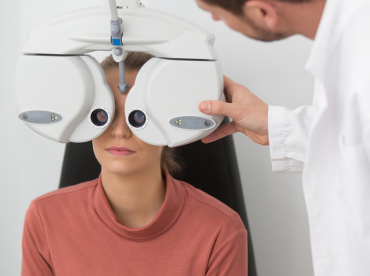
OPTHALMOLOGY
Ophthalmology is a medical specialty dedicated to the diagnosis, treatment and prevention of disorders and illnesses affecting the eyes and the visual system.
Within this field, services encompass the management of refractive errors, eye infections, cataracts, glaucoma, and retinal diseases.

